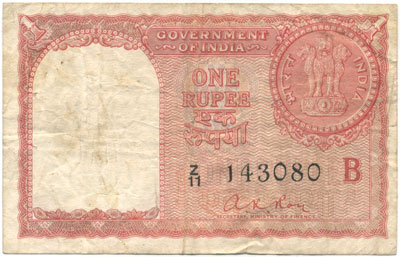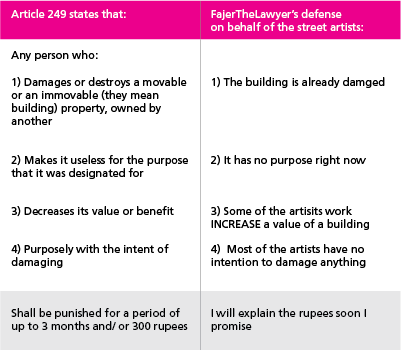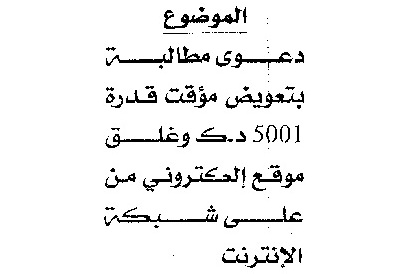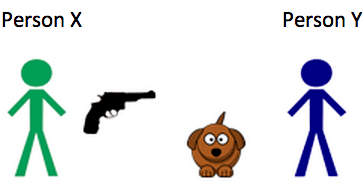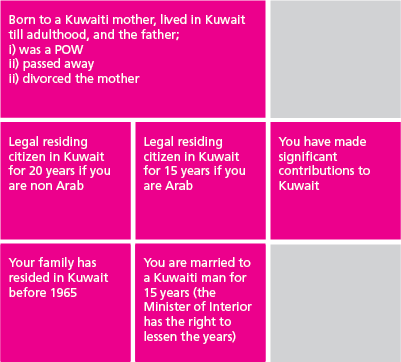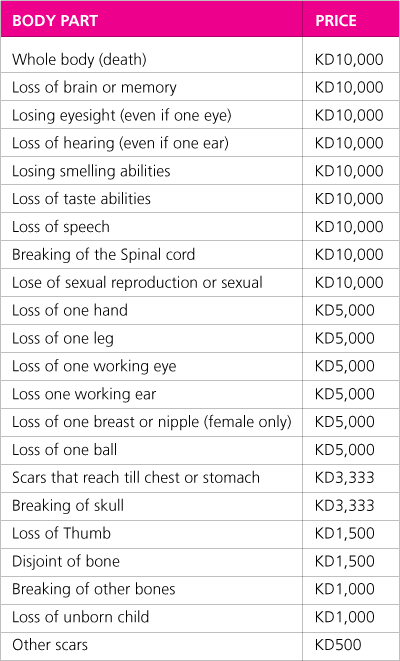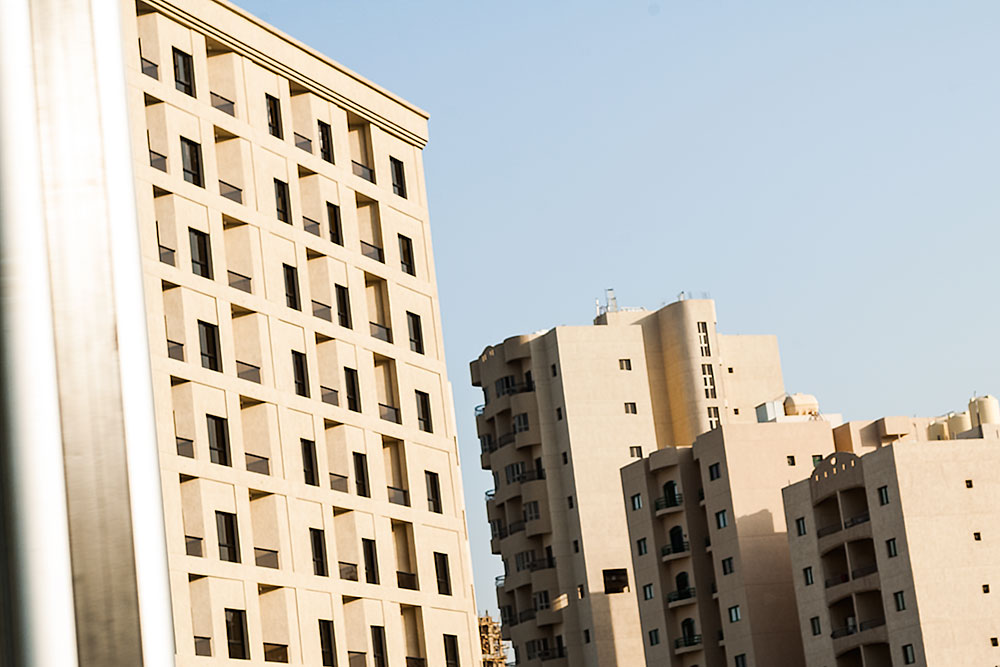
As a commercial lawyer and the owner of a small business (Q8BookStore) I was pleased to attend a discussion panel held last week by the British Embassy on small and medium enterprises (SMEs). Even though it was great to hear Mohammed H. Alsahya and the Mayor of London Speak about SME’s, I was actually more interested to hear Dr. Mohammed Alzuhair, the executive chairman for Kuwait’s SME fund.
Dr. Mohammed Alzuhair spoke about the government’s new vision for encouraging business in Kuwait. The government of Kuwait has really been trying to develop business in Kuwait for locals and foreigners alike and new important laws have been issued with practical changes, such as:
1) New companies law 79/2013 – Now we can have non-profit companies in Kuwait.
2) New commercial permit’s law 111/2013 – Apparently you can get a commercial permit by applying online. I’ll be investigating this soon.
3) SME fund law 98/2013 – A 1 billion Kuwaiti Dinars fund to support SME’s in Kuwait and rumor has it that their permits will be separate
4) Promotion of direct investments in Kuwait 116/2013 – Kuwait Foreign Investment Bureau is turning into an authority, all sectors will be open to foreign investors, and foreign investors will be allowed an equity share of up to 100%.
The laws are changing and I am excited to understand these changes. If you have an SME or you’re considering launching a start-up soon and want to get an email with related information, email me on [email protected] with the following info: your name, job position (at your SME and/or daytime job), type of business.
If you have more information about the above laws and would like to share changes also email me at [email protected]
Post by Fajer Ahmed – Legal Counsel
The legal opinions expressed in this post are those of the author Fajer. Opinions expressed by Mark or any other writer on mark248am1.wpenginepowered.com are those of the individual’s and in no way reflect Fajer’s opinion.



